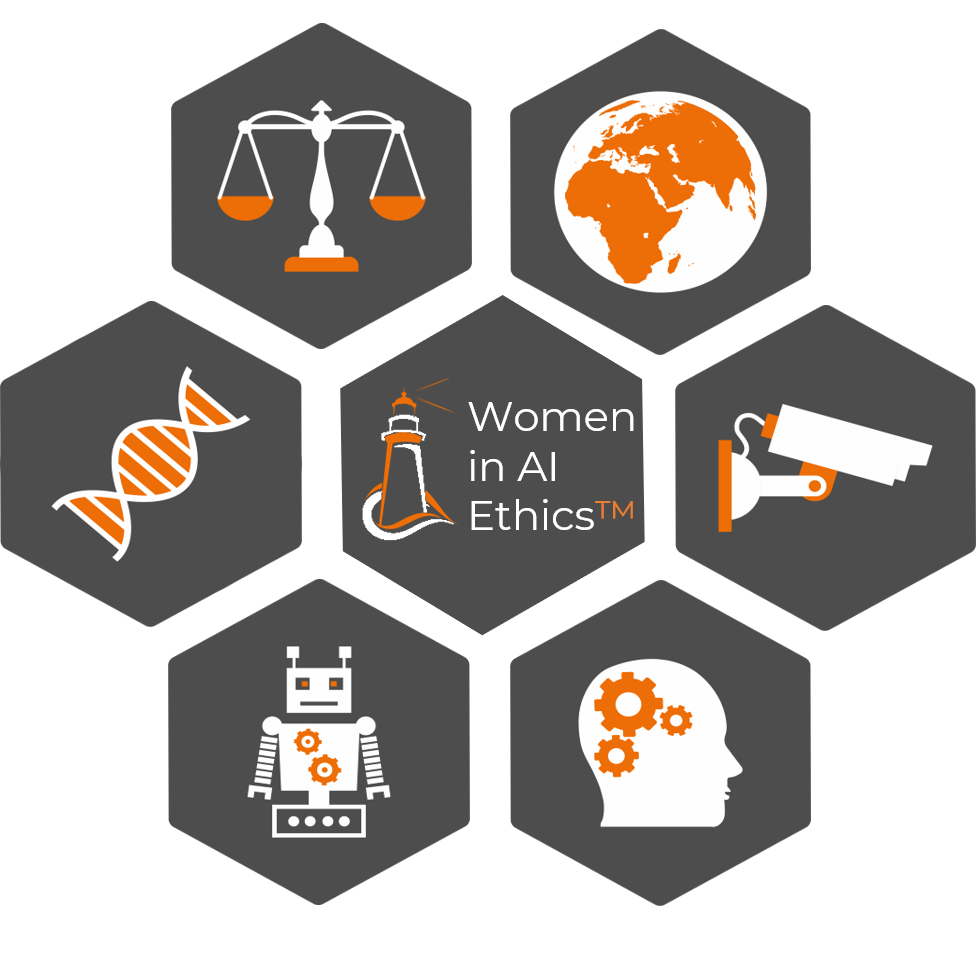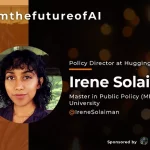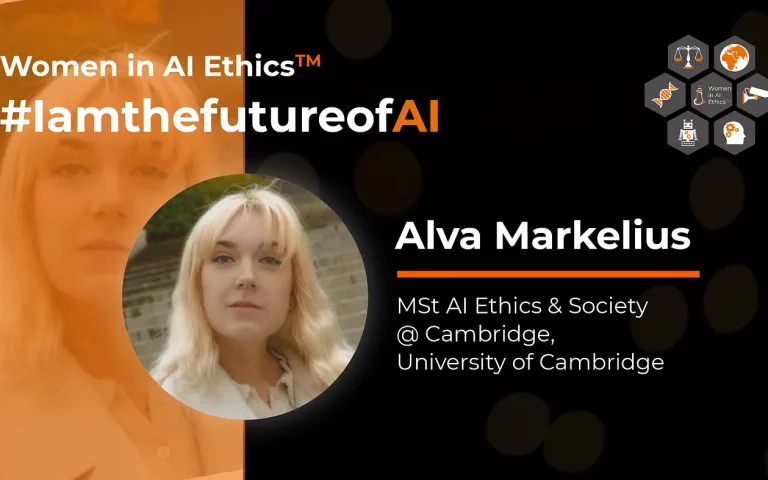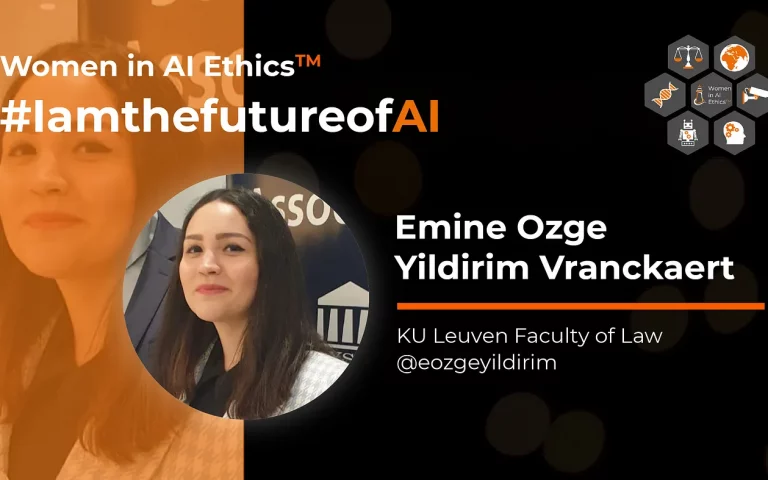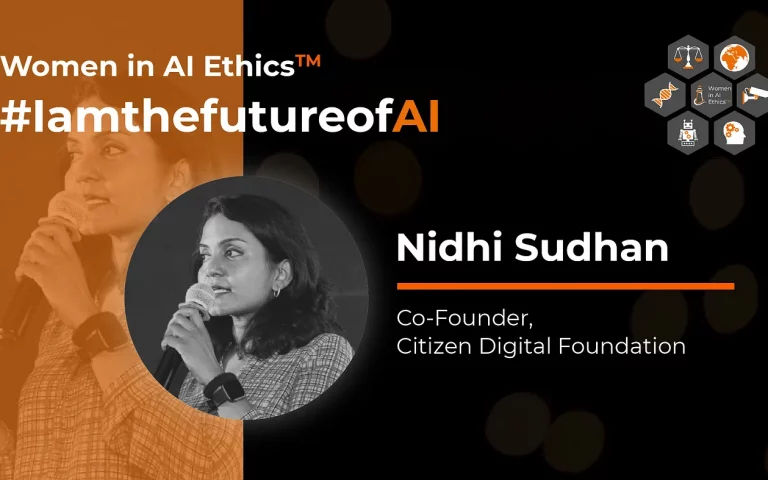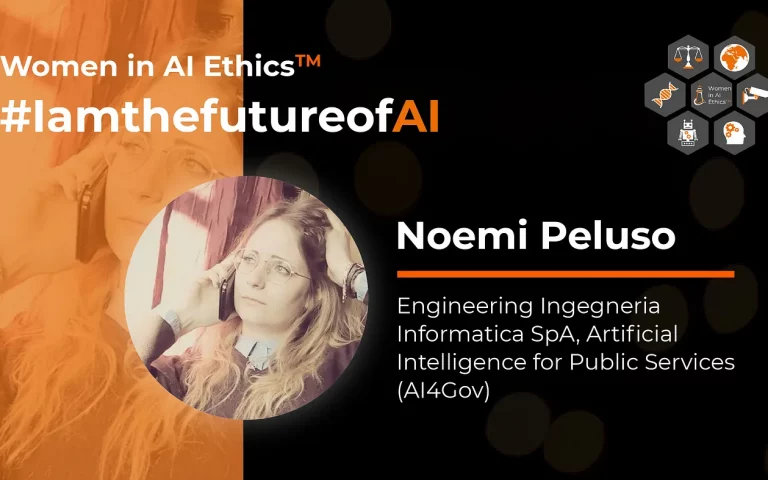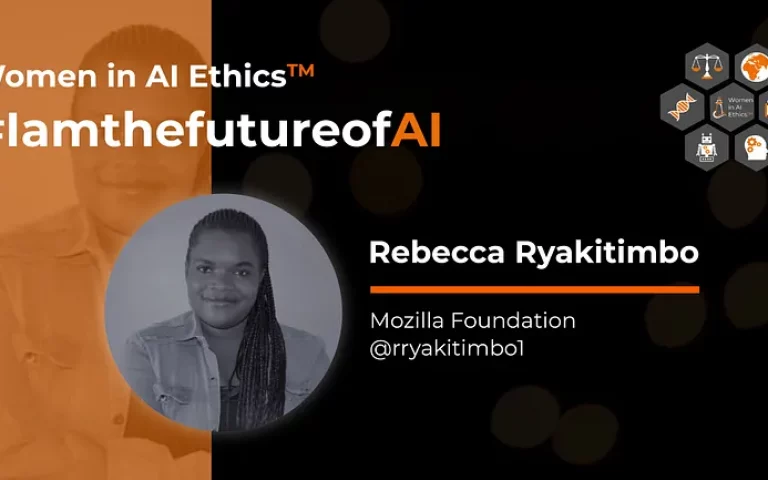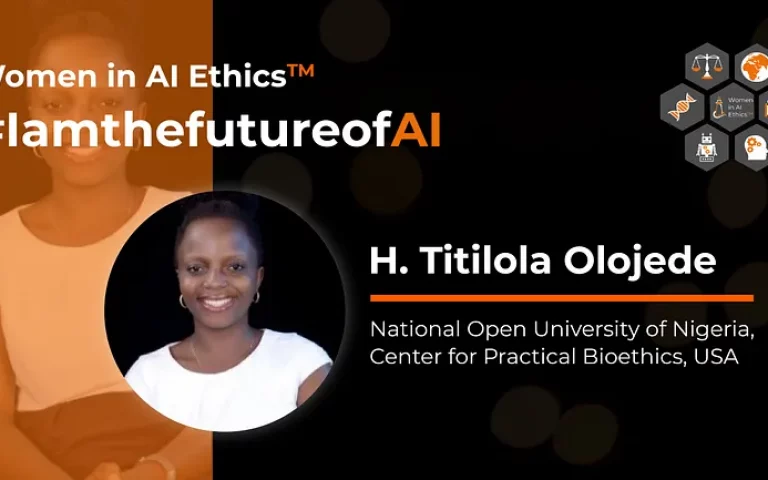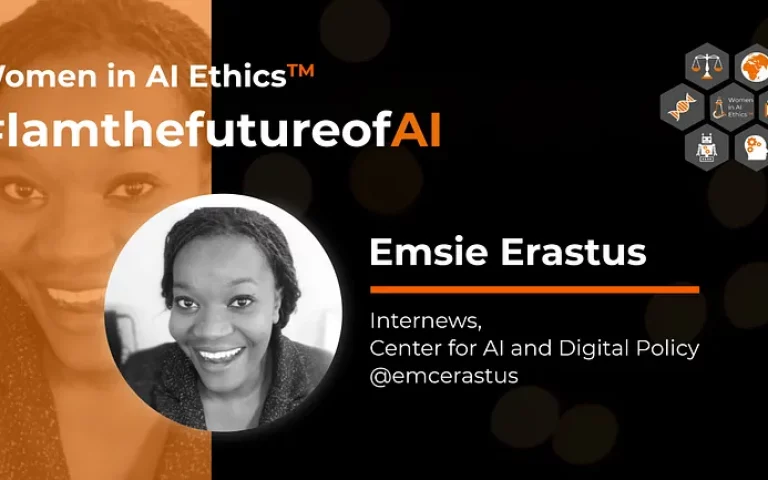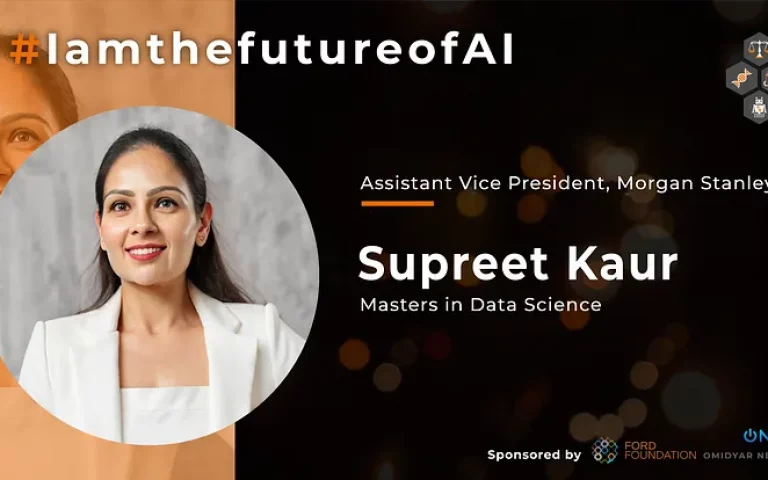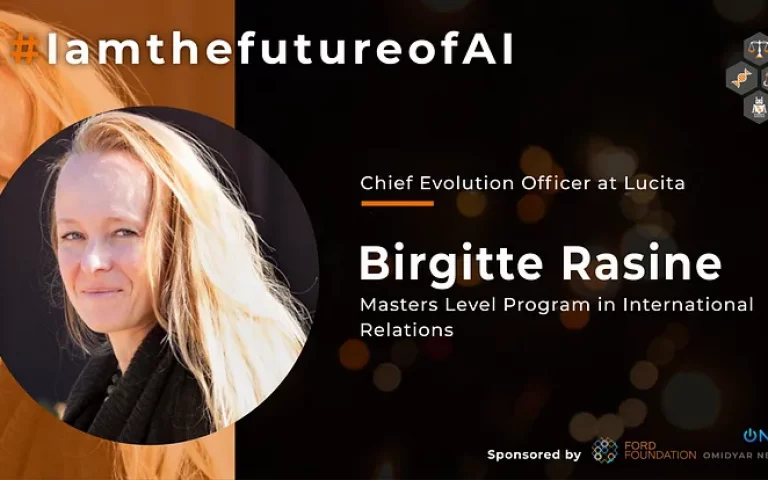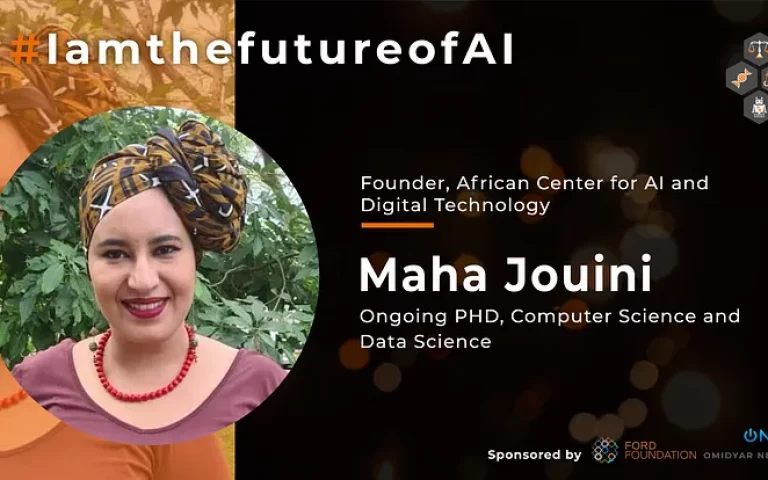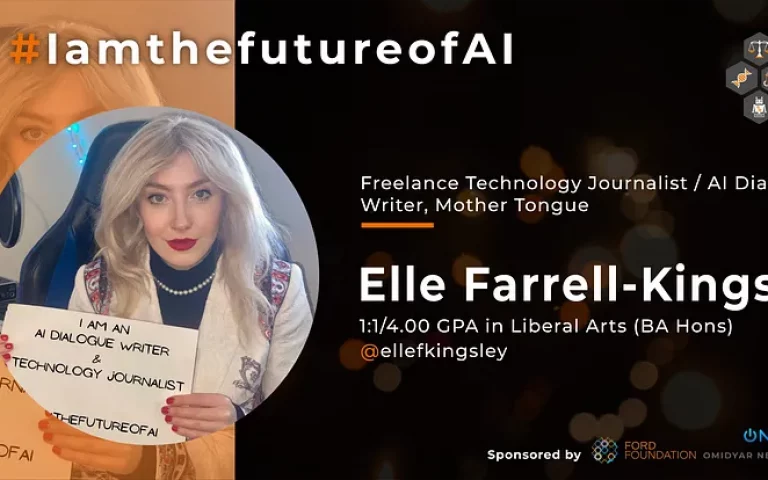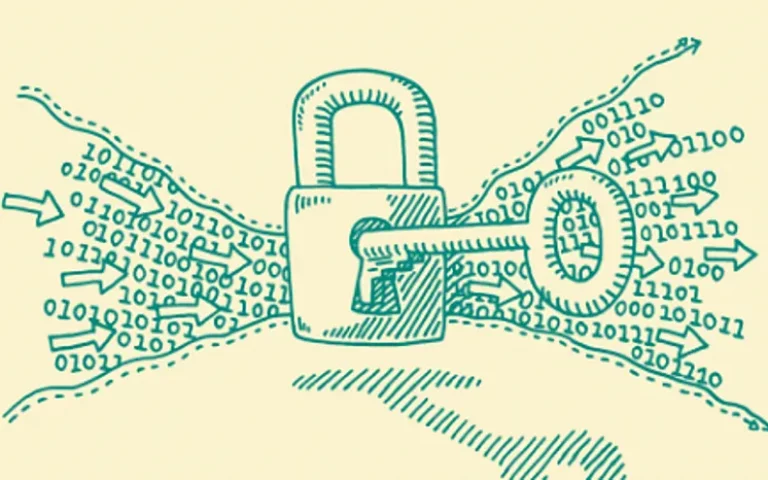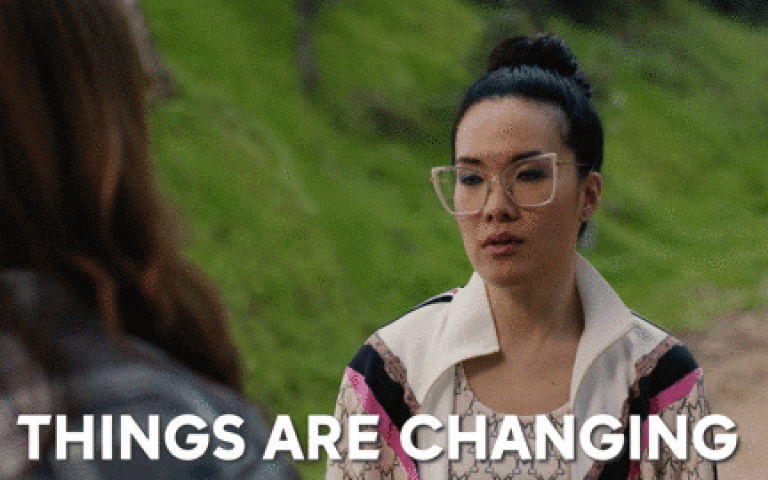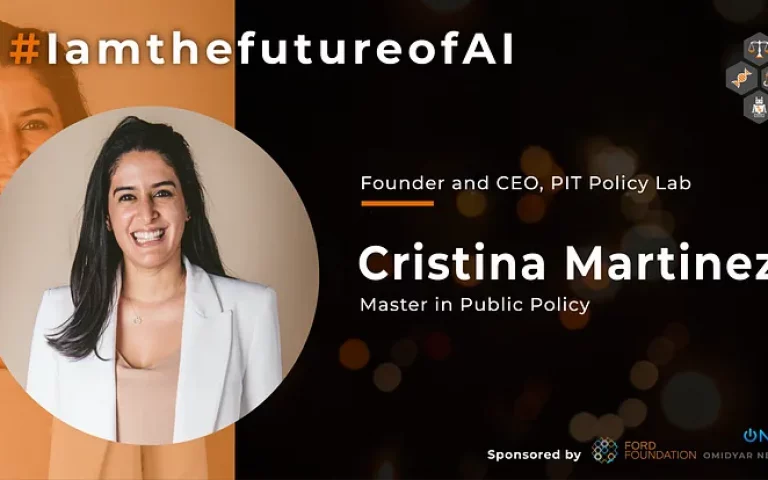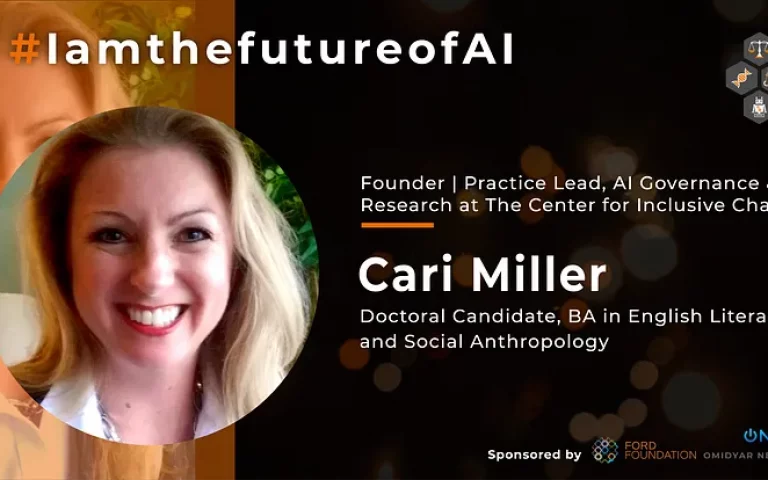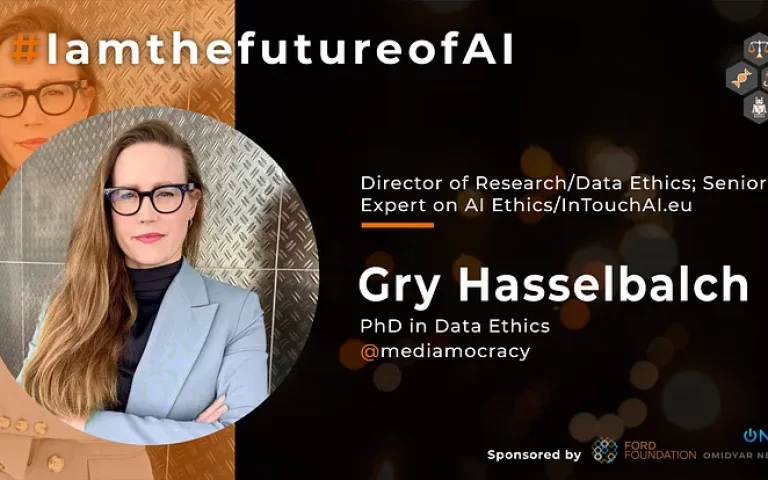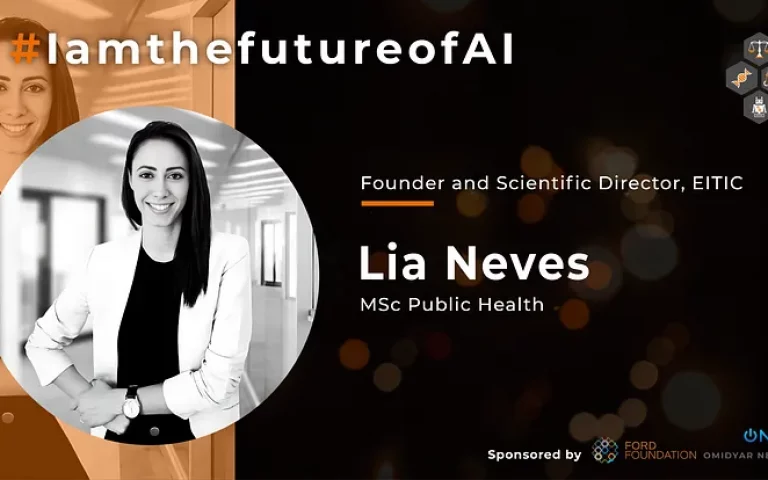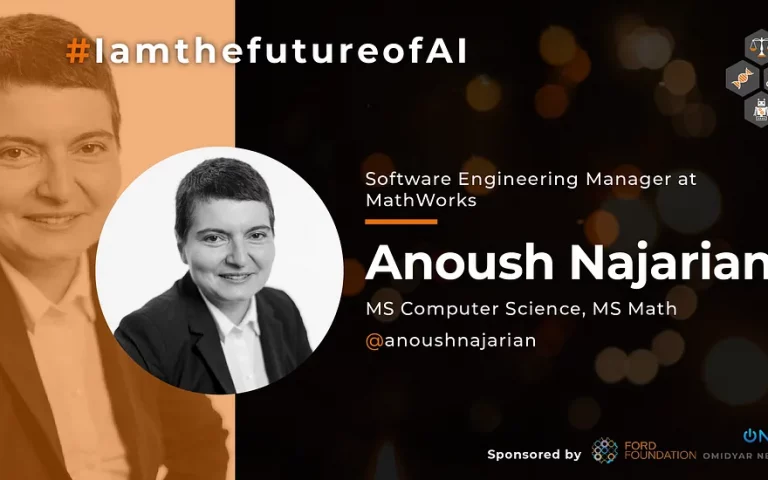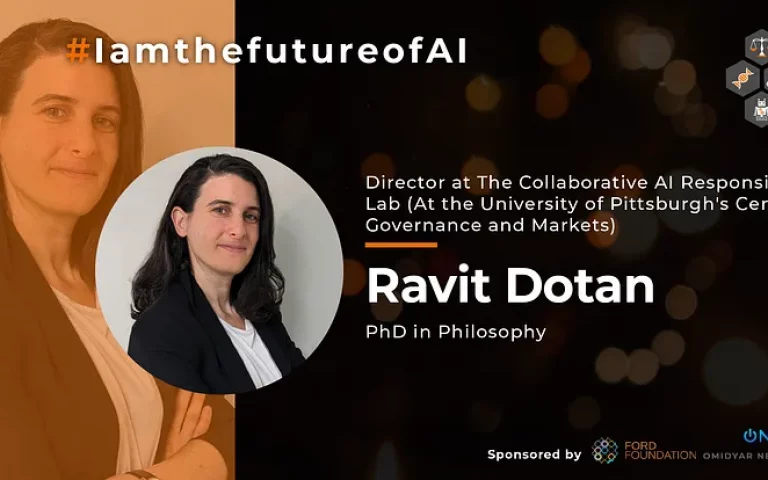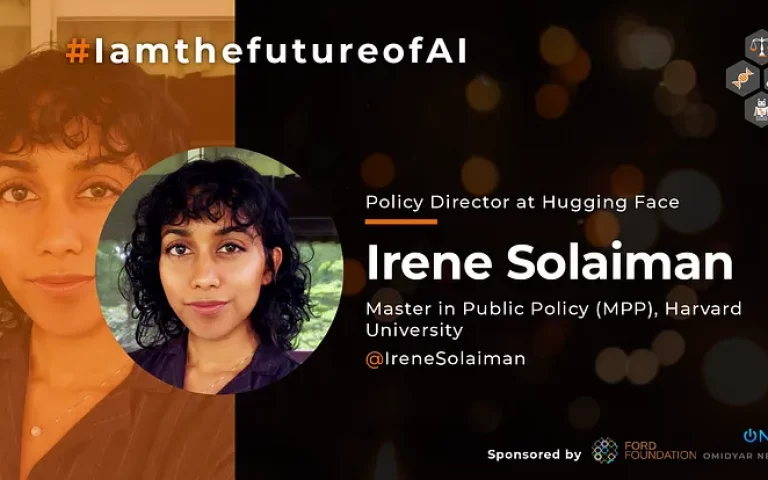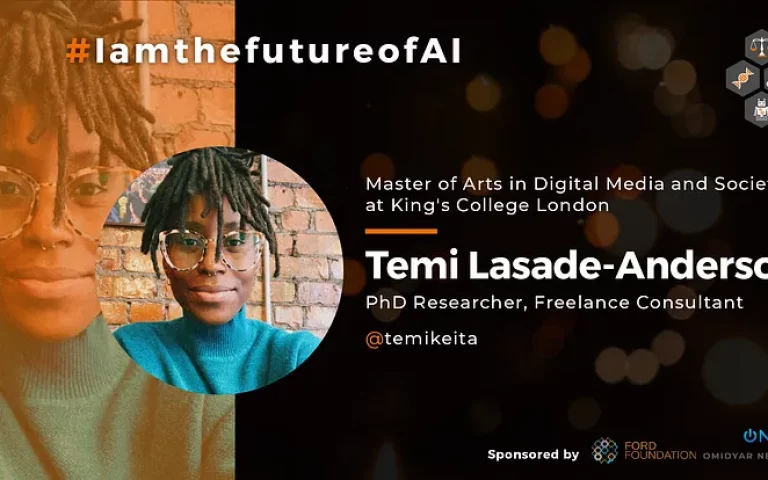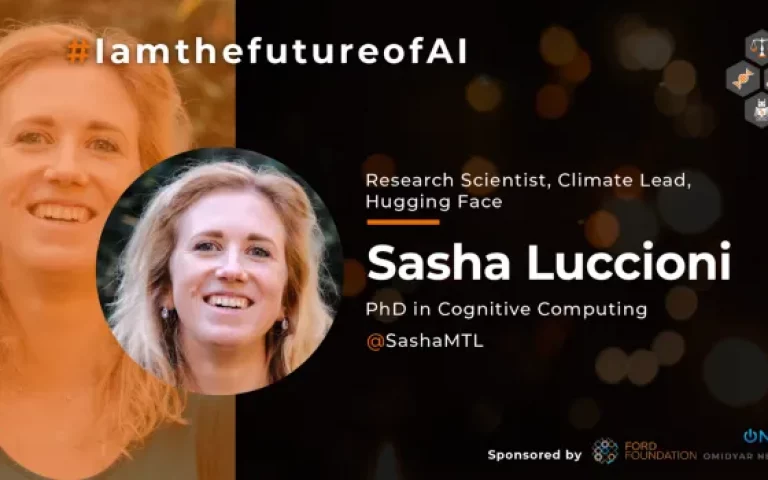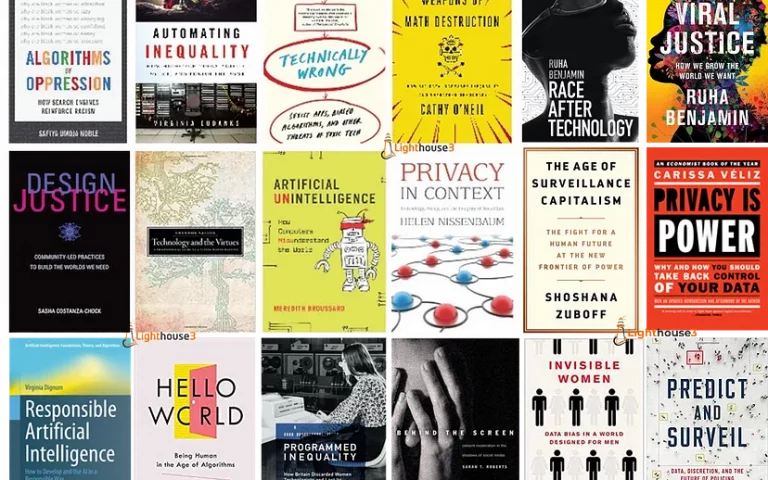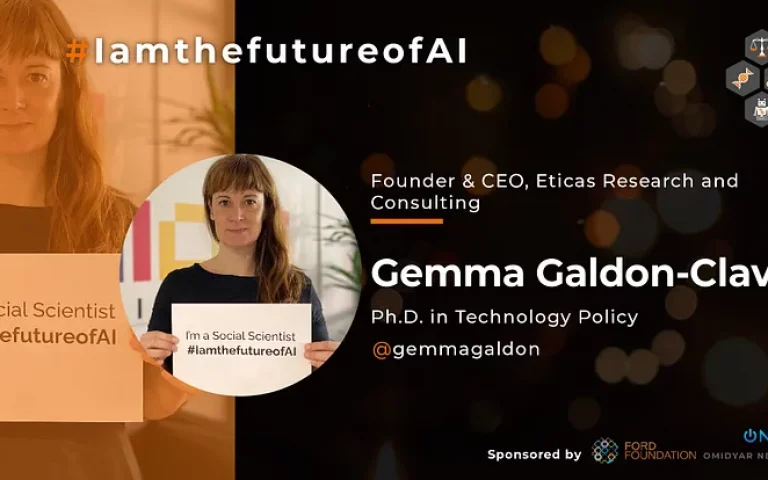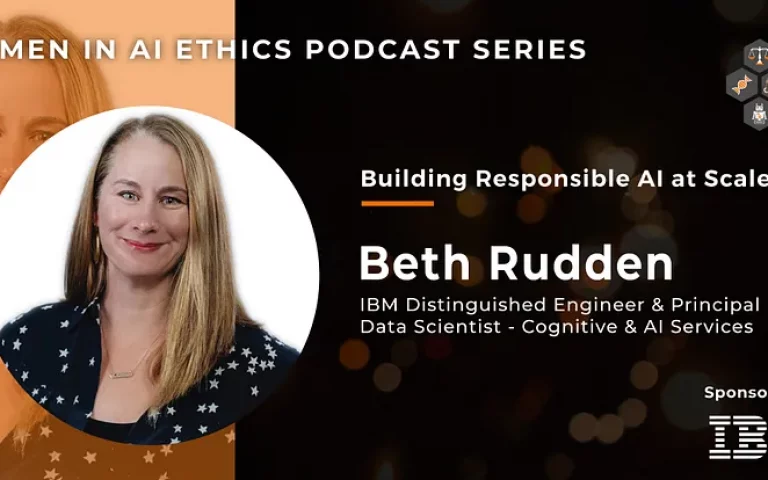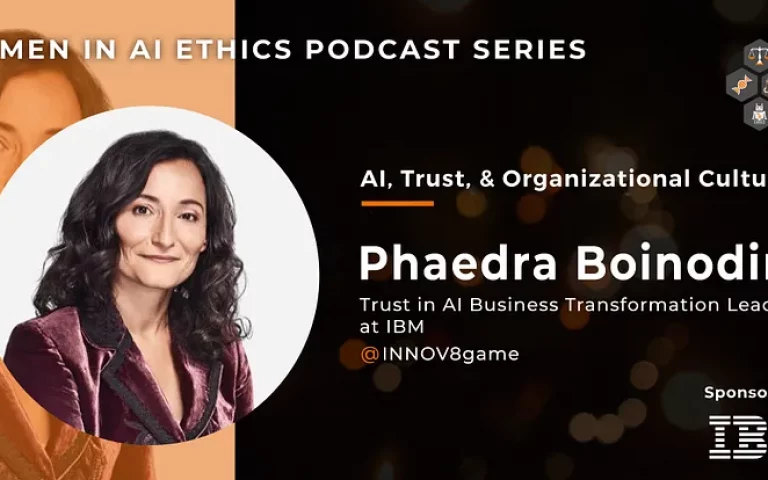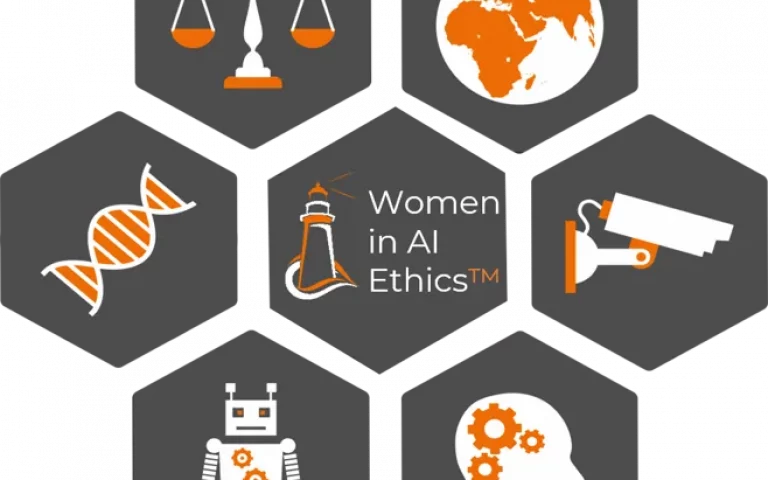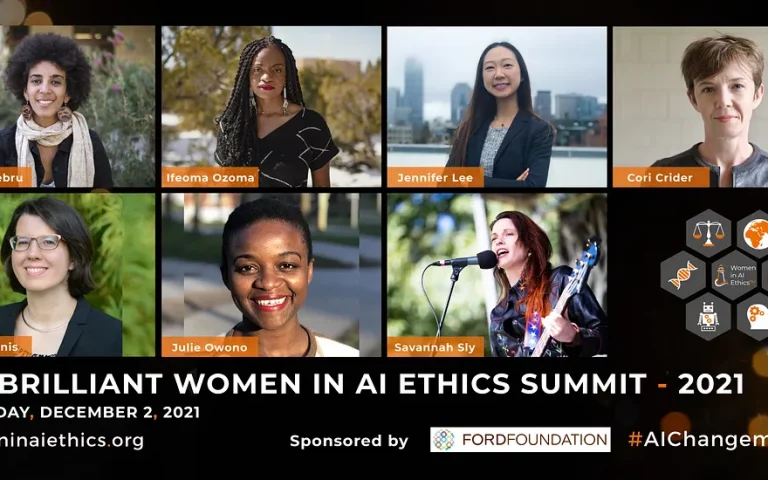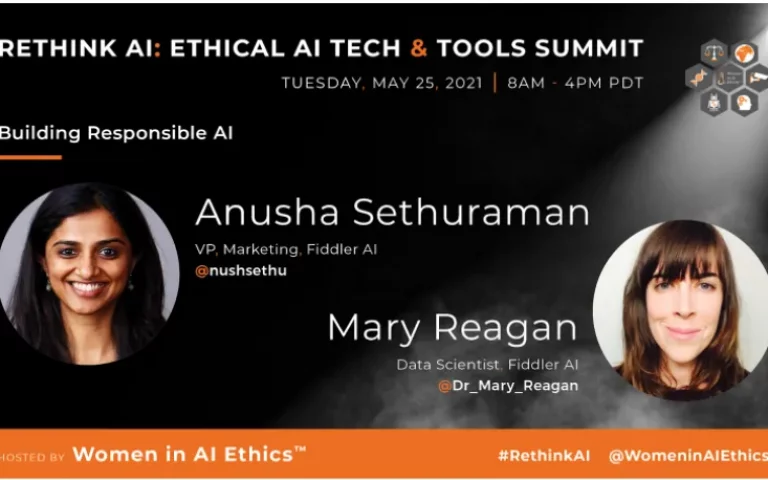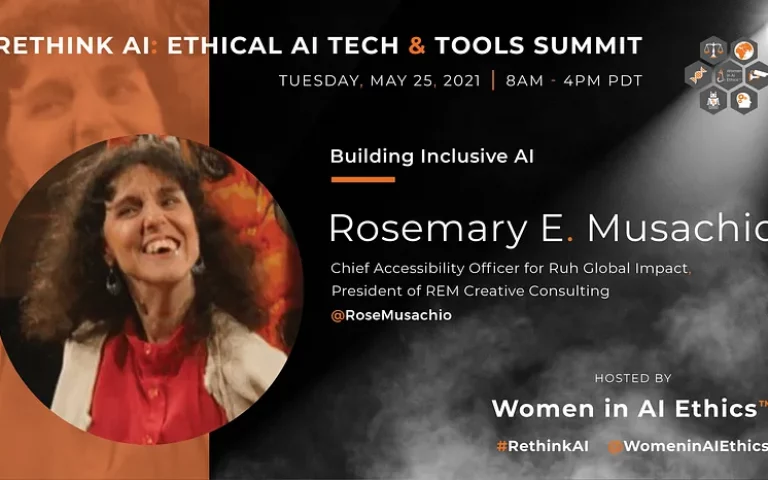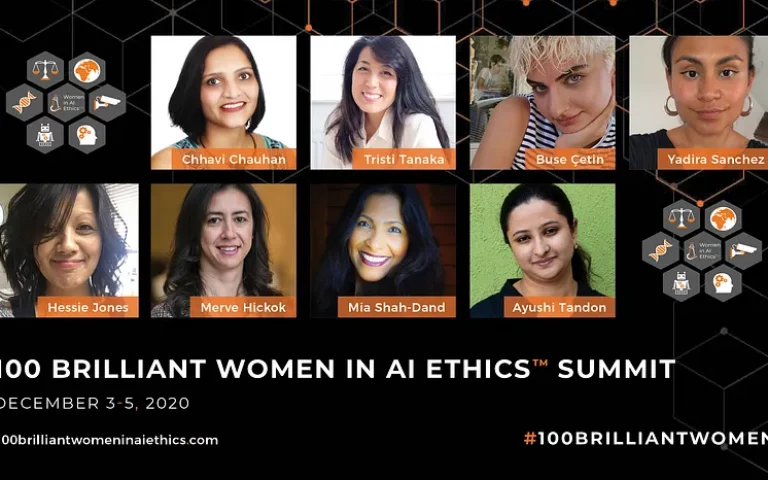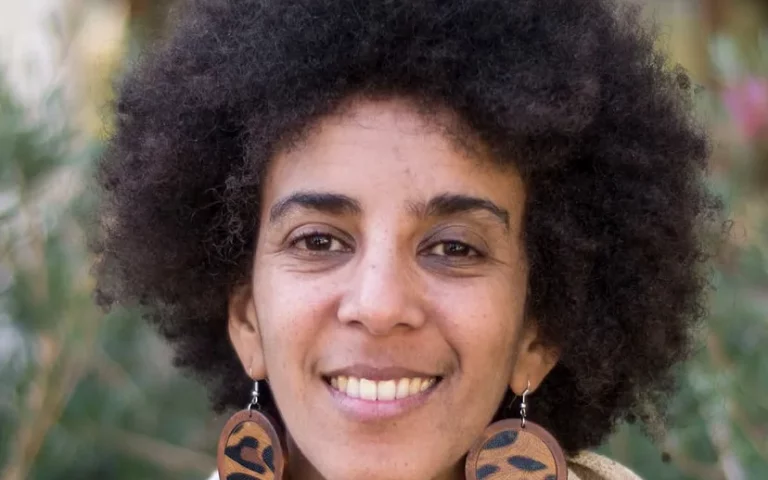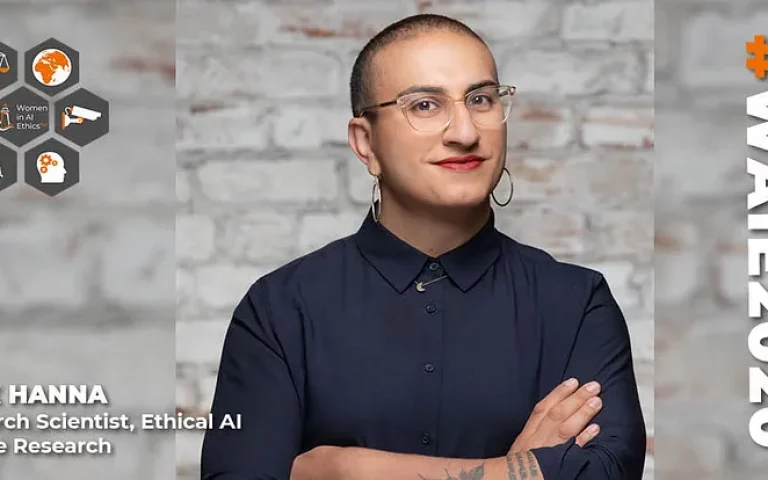Pamela is a steadfast supporter of the responsible use of AI and that holds true in this interview where she shares her personal experiences throughout her AI journey along with her hopes for a better AI future.
We hope her story serves as an inspiration to individuals from diverse backgrounds looking to plunge into the AI space and join the revolution in today’s digital economy.
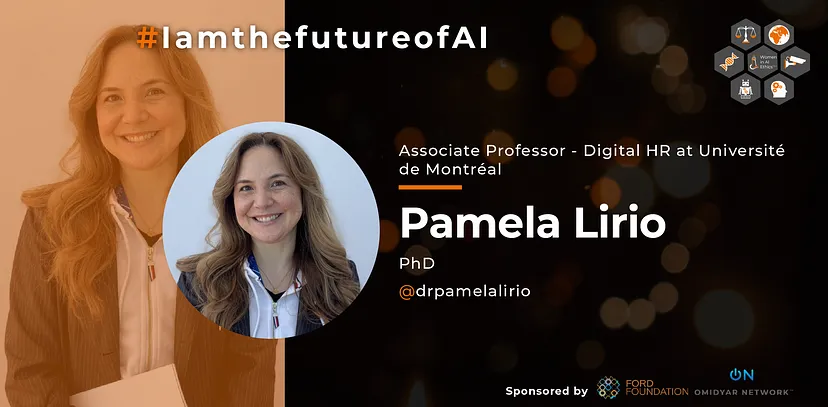
This interview is part of Women in AI Ethics (WAIE)’s “I am the future of AI” campaign launched with support from the Ford Foundation and Omidyar Network to showcase multidisciplinary talent in this space by featuring career journeys and work of women as well as non-binary folks from diverse backgrounds building the future of AI. By raising awareness about the different pathways into AI and making it more accessible, this campaign aspires to inspire participation from historically underrepresented groups for a more equitable and ethical tech future.
Can you share an incident that inspired you to join this space?
The fact that I am a professor in the School of Industrial Relations allows me to critically examine issues impacting worker/employee well-being and train the next generation of HR leaders in a way that advocates for the responsible practice of the profession. Since its official launch in 2019, I am a member of the International Observatory on the Societal Impacts of AI and Digital Technology (OBVIA) which advocates for and disseminates knowledge on the responsible use of AI.
How did you land your current role?
I’ve always been a keen user of technology. While completing my PhD thesis, I shared an office with students in Information systems, so I was able to analyze my tech-related findings in a more meaningful way: I uncovered ways in which global managers were using their smartphones to responsibly manage their professional and personal roles while performing global work. I adopted a smartphone too (before they were everywhere) to understand the experience better and then moved on to examine social media use in an employment context. Finally, I saw business leaders quickly turning to digital transformation, where AI was at the forefront. From then on, I started reading everything I could on AI; also speaking with AI data scientists and developers, and attending events and webinars. A practice that I maintain! #ContinuousLearning
What kind of issues in AI do you tackle in your day-to-day work?
I have several current research projects related to the uses of AI in the workplace. They range from exploring the use of algorithmic management in the digital economy; examining ethical issues related to the implementation of facial emotion recognition technology for employee well-being; implications of immersive technologies (VR, Metaverse) for the future of work and the HR profession; and emerging issues related to diversity and inclusion (e.g. careers of women working in AI globally, LGBTQ2S+ workers in global organizations). I have a public presence sharing insights on AI in HR and Responsible AI via new and traditional media.
If you have a non-traditional or non-technical background, what barriers did you encounter and how did you overcome them?
Fortunately, as an academic (although non-technical in AI development), my role affords me access to various conversations in the AI space. I personally don’t mind if I am around those with technical backgrounds and the discussion goes beyond the scope of my initial understanding. I am intellectually curious and ask questions — but also share from my field! I see that AI is dominated by cisgender hetero men, so I feel a responsibility to stay in the field/discussion and advocate for myself as a diverse woman (with a racial/ethnic heritage, albeit with privilege) and those identifying in non-dominant, often marginalized groups.
Why is more diversity — gender, race, orientation, socio-economic background, other — in the AI ethics space important?
We desperately need various perspectives in all AI-related work because it reflects more broadly our society. For example, there is a paucity of women in AI technical roles relative to men, whether in industry or academics (only 10–20%). It is hard to find statistics on representation in other aspects of DEI (e.g. those identifying as LGBTQ, neurodiverse, etc.). AI will continue to impact all of us worldwide in the coming years!
What is your advice to those from non-traditional backgrounds who want to do meaningful work in this space on how to overcome barriers like tech bro culture, lack of ethical funding/opportunities, etc.?
I strongly recommend holding space for yourself, your community — however you identify — and others in the AI space (whatever your field). I don’t accept being on panels or projects where I am the only woman or diverse person. See for example movements like #JamaisSansElle (Never Without Her).
Dr. Pamela Lirio is currently an Associate Professor at the University of Montreal. She works in both English and French, teaching and researching global careers, workforce diversity, work-life issues, digital transformation in HR, and employee branding on social media.
